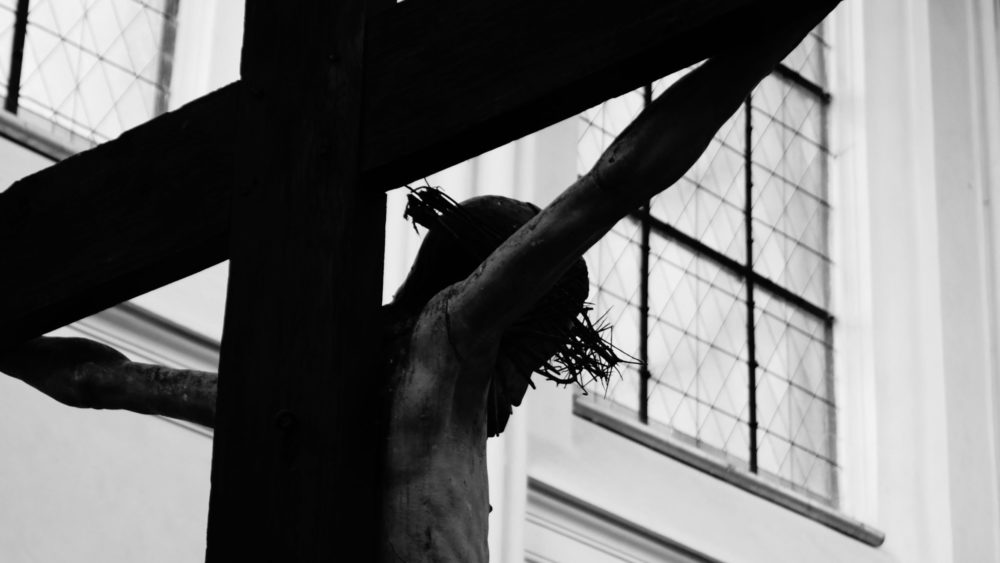On April 17, 1919, my great-grandfather, a builder in Newtown, Sydney, died of the Spanish flu. He left behind a heavily pregnant wife and five children.
He caught the disease helping out on the wharves where soldiers were returning from war. It only took a week for the fit 39-year old man to succumb.
It’s the tale of a human atrocity – but a very ordinary one.
My grandfather, a nine-year-old boy at the time, remembered his sick father wandering through the house from room to room saying ‘what will become of us?’
Once he had gone, they faced poverty and isolation, and it was a slow grind for the family just to survive for the next two decades.
A century and a year later almost to the day: what has changed? Living in the time of COVID-19, we may well also ask ‘what will become of us?’
Have we come so far only to become this god-forsaken? For all our prosperity and prowess, are my poor great-grandfather’s doubts not also ours?
The message of Easter doesn’t give us a greeting card platitude in response to that doubt. If it did, we would see through it at a time like this. It would not have survived two millennia as a meaningful festival if all it told us was to be more optimistic, or that the human spirit will eventually triumph.
Easter is not about making lemonade from the lemons of life.
Good Friday is a story, it seems, of unimaginable bleakness. It’s the tale of a human atrocity – but a very ordinary one. It depicts torture, and a grim, lonely death. Jesus was killed because his friends abandoned him, because religious people were hypocrites, and because the authorities were corrupt.
And God didn’t intervene. Same old, same old.
And as Jesus died, he called out to the blank sky: ‘my God, my God, why have you forsaken me?’
Was this a scene of ultimate despair? Another dying man crying to the heavens, ‘what will become of us?’
It was that. But the gospel writers saw it as something more, too. Because they understood Jesus to be divine, they saw that God had entered the grit and uncertainty and weakness of human existence. God has not in fact abandoned us but has learnt what it is to be God-forsaken. He knows human sorrow from the inside. He bears it on his own body; and in doing so, shelters us from it.
On Good Friday, God is not oblivious to human tragedy, but makes it his own.
This is the bloody certain proof of God’s love.
The great Aussie poet Bruce Dawe, who died last week, once wrote a poem called ‘And a Good Friday Was Had By all’. When Jesus was hoisted onto the cross “like a diver just leaving the springboard”, he had his –
arms spread
so it seemed
over the whole damned creation.
These are the arms of embrace, reaching out to enfold. In the hug-less era of social distancing, when we’ve become untouchables to each other, Good Friday tells us – if we can bear to hear it – that the Creator has not abandoned us to our fate but has chosen to share it with us.
This is the bloody certain proof of God’s love. And whatever may become of us, we can know that this is true.
Rev Dr Michael Jensen the rector of St Mark’s Anglican Church, Darling Point, and is the author of Is Forgiveness Really Free?



